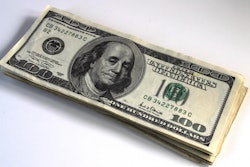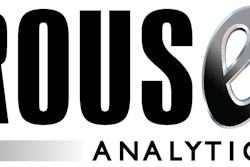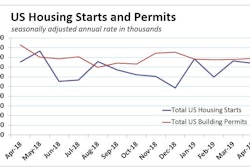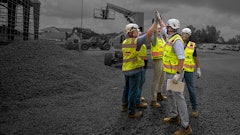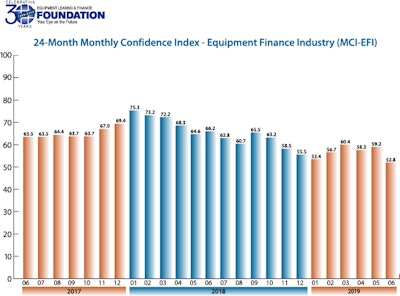
The Equipment Leasing & Finance Foundation’s June 2019 Monthly Confidence Index for the Equipment Finance Industry (MCI-EFI) showed confidence in the equipment finance market at 52.8, easing from the May index of 59.2. Designed to collect leadership data, the index reports a qualitative assessment of both the prevailing business conditions and expectations for the future as reported by key executives from the $1 trillion equipment finance sector.
When asked about the outlook for the future, MCI-EFI survey respondent Quentin Cote, CLFP, President, Mintaka Financial, LLC, commented: “As unemployment is at record lows and employees are hard to come by, companies will rely more on capital equipment to support business growth and productivity growth from the employees they have. My concern is primarily the trade wars, and their impact on the prices of goods. This will eventually weaken the purchasing power of consumers and small businesses.”
“Lack of progress on trade tariffs is beginning to spook the market,” said Michael Romanowski, President, Farm Credit Leasing. “Customers are only buying what they need to replace and are hesitant to expand.”
June 2019 Survey Results:
- When asked to assess their business conditions over the next four months, 3.3% of executives responding said they believe business conditions will improve over the next four months, down from 16.1% in May. 80% of respondents believe business conditions will remain the same over the next four months, an increase from 67.7% the previous month. 16.7% believe business conditions will worsen, an increase from 16.1% in May.
- None of the survey respondents believe demand for leases and loans to fund capital expenditures (capex) will increase over the next four months, a decrease from 16.1% in May. 83.3% believe demand will “remain the same” during the same four-month time period, an increase from 77.4% the previous month. 16.7% believe demand will decline, up from 6.5% who believed so in May.
- 13.3% of the respondents expect more access to capital to fund equipment acquisitions over the next four months, up from 12.9% in May. 86.7% of executives indicate they expect the “same” access to capital to fund business, a decrease from 87.1% last month. None expect “less” access to capital, unchanged from last month.
- When asked, 30% of the executives report they expect to hire more employees over the next four months, a decrease from 41.9% in May. 63.3% expect no change in headcount over the next four months, an increase from 45.2% last month. 6.7% expect to hire fewer employees, down from 12.9% last month.
- 40% of the leadership evaluate the current U.S. economy as “excellent,” down from 51.6% in May. 56.7% of the leadership evaluate the current U.S. economy as “fair,” an increase from 48.4% the previous month. 3.3% evaluate it as “poor,” up from none in May.
- 3.3% of the survey respondents believe that U.S. economic conditions will get “better” over the next six months, down from 9.7% in May. 70% of survey respondents indicate they believe the U.S. economy will “stay the same” over the next six months, a decrease from 77.4% the previous month. 26.7% believe economic conditions in the U.S. will worsen over the next six months, an increase from 12.9% in May.
- In June, 26.7% of respondents indicate they believe their company will increase spending on business development activities during the next six months, a decrease from 35.5% last month. 73.3% believe there will be “no change” in business development spending, an increase from 64.5% in May. None believe there will be a decrease in spending, unchanged from last month.
Related Content
2019 Outlook Expects 2.2% GDP Growth, 4.5% Rise in Equipment/Software Spend
US-China Trade Tensions Continue to Cloud US Construction Industry Outlook
Trump’s Raised Chinese Tariffs Made Home Construction Much More Expensive




